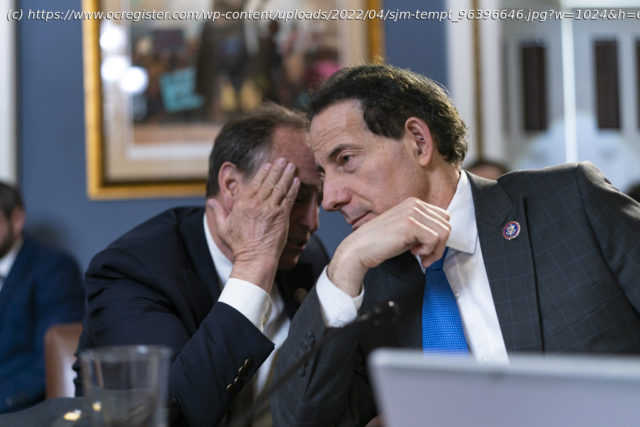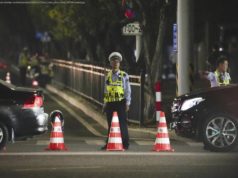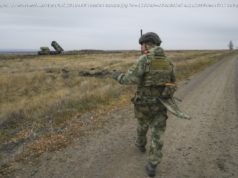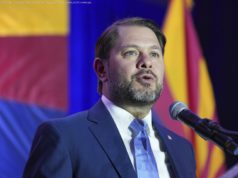The contempt action followed hours of raw debate on the House floor as Republicans stood by Trump and charged that Democrats were trying to politicize the attack on the Capitol by his supporters.
WASHINGTON — Former Trump advisers Peter Navarro and Dan Scavino were held in contempt of Congress on Wednesday for their monthlong refusal to comply with subpoenas rendered by the House committee’s investigation into the Jan.6 attack on the U.S. Capitol. The two men became the latest members of former President Donald Trump’s inner circle to face legal jeopardy as the select committee continues its more than nine-month-long probe into the worst attack on the Capitol in more than 200 years. The near-party-line 220-203 vote will send the criminal referrals for Navarro and Scavino to the Justice Department for possible prosecution. The contempt action followed hours of raw debate on the House floor as Republicans stood by Trump and charged that Democrats were trying to politicize the attack on the Capitol by his supporters. House Republican leader Kevin McCarthy accused the Jan.6 committee of “criminalizing dissent,” defended Scavino as a “good man” and lobbed harsh criticism at members of the committee, some by name. “Let’s be honest, this is a political show trial,” McCarthy said. Democratic Rep. Jamie Raskin of Maryland, among the nine members of the Jan.6 panel, noted that the committee has two Republicans, including Liz Cheney of Wyoming. He added that the purpose of the floor vote was to make clear that “open contempt and mockery for this process, and for the rule of law” will not be allowed by the chamber. “I mean, it is just amazing that they think they can get away with this,” the three-term lawmaker told reporters about Scavino and Navarro as the debate raged on Wednesday. Cheney and Illinois Rep. Adam Kinzinger, who is also on the select committee, were the only Republicans who voted in favor of the contempt charges. While pursuing contempt charges may not yield any new information for the Jan.6 committee — any prosecutions could drag for months or years — the vote Wednesday was the latest attempt to show that witnesses will suffer consequences if they don’t cooperate or at least appear for questioning.






